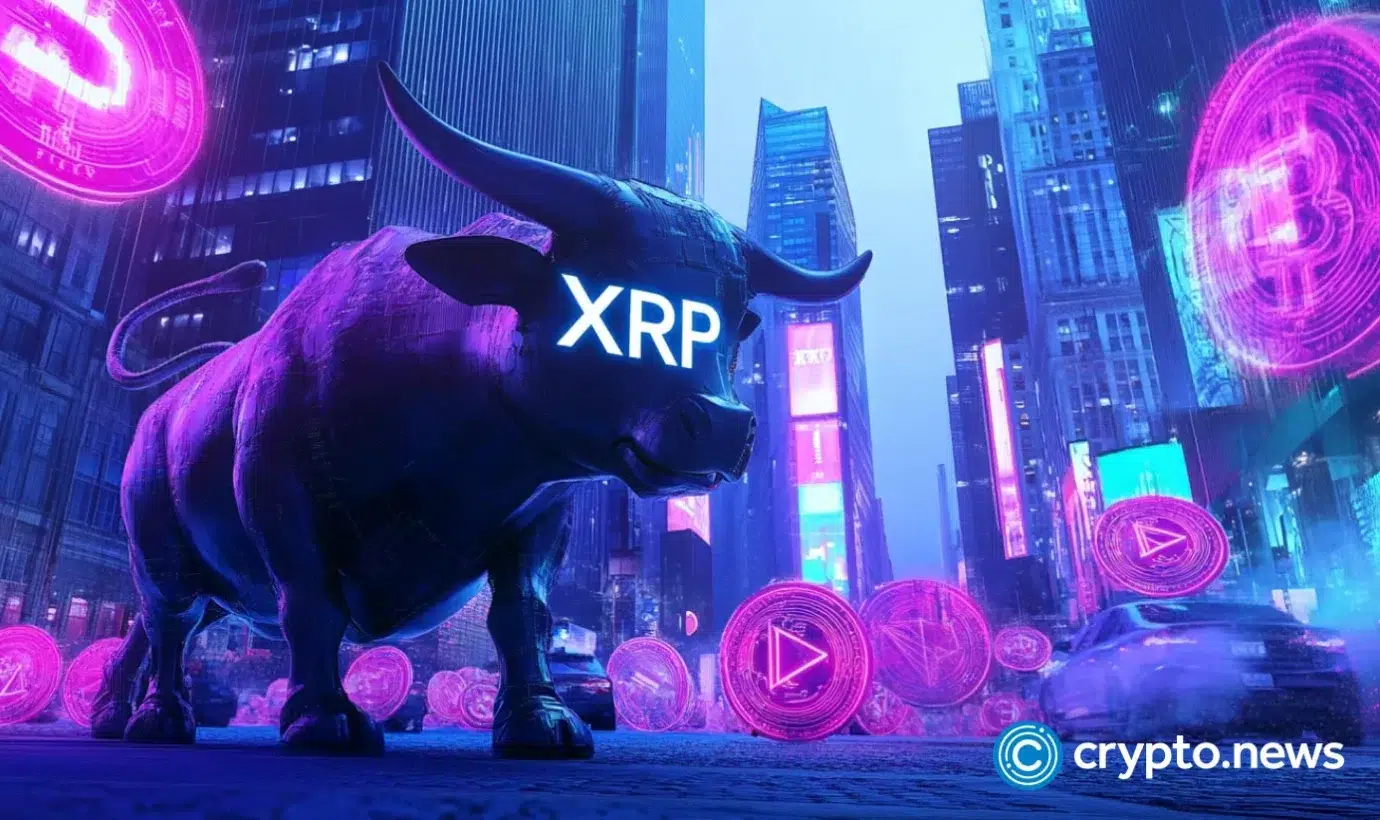SAN DIEGO, CALIFORNIA – JULY 28: Manager Carlos Mendoza #64 of the New York Mets looks on before the game against the San Diego Padres at Petco Park on July 28, 2025 in San Diego, California. (Photo by Orlando Ramirez/Getty Images)
Getty Images
The New York Mets suffered a disheartening collapse in the standings in the second half of this past season and there is plenty of blame to go around.
Primarily, the starting rotation suffered a harsh collapse that made it difficult for the Mets to win games. But the team also suffered numerous injuries and poor performances in the bullpen, even after the front office added a pair of high-leverage arms at the trade deadline.
The Mets ended up missing the playoffs and now a former player has voiced his frustration with manager Carlos Mendoza.
“I think he is a really good under-the-stress manager, I think he has no idea what he’s doing when it comes to bullpen guys and how to keep them healthy or even how to care about them at all,” Adam Ottavino, who was a reliever for the Mets under managers Buck Showalter and Mendoza, said during a recent episode of his “Baseball & Coffee” podcast. “There’s no communication there, there’s no feel there, there’s no bedside manner when guys get hurt.”
Whether or not it’s fair to pin the blame on Mendoza, the Mets did suffer numerous injuries in their relief corps this past season. AJ Minter, Reed Garrett, Dedniel Nunez and several others are questionable for next season’s opening day or already ruled out, according to FanGraphs.
Ottavino argued that the pervasive injuries are the result of some foundational issues with the team.
“I’ve talked with every single one of these guys about having to take control over their own career because the team is not going to keep them healthy,” Ottavino said. “So they have to figure out something, whether it’s their protocols, whether it’s the way Carlos uses these dudes so haphazardly, whether they even care about keeping the guys healthy or not, but they need to be better than this.”
Ottavino pitched in his third and final season with the Mets in 2024, logging a 4.34 ERA across 56 innings, so he might feel he has some firsthand knowledge on Mendoza’s and the team’s shortcomings when it comes to bullpen management.
Whether or not the manager seeks to overhaul his approach to using relievers, the team has its work cut out for it in attempting to reset and earn a playoff bid next year. The team recently overhauled its coaching staff, but both Mendoza and bullpen coach Jose Rosado were retained, per the New York Post.
Source: https://www.forbes.com/sites/peterchawaga/2025/11/20/mets-skipper-slammed-by-former-player-no-idea-what-hes-doing/


